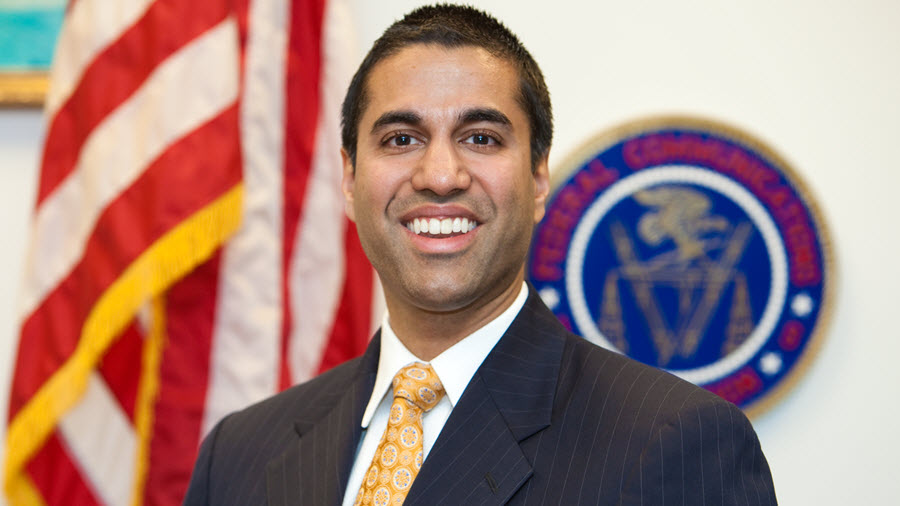Title II Exiting, Stage Right

The smarter way to stay on top of broadcasting and cable industry. Sign up below
You are now subscribed
Your newsletter sign-up was successful
Internet access will be under a new regulatory regime starting Monday (June 11), and how that affects web users depends very much on whom you ask.
As with most things in Washington these days, it also depends on which party they come from.
Last week, former Democratic FCC chairman Tom Wheeler — whose network neutrality regulations against blocking, throttling and paid prioritization are being rolled back — and his successor, Republican Ajit Pai, both weighed in on “the day after,” as it were.
Pai, who has long argued that internet service providers (ISPs) should not be under Title II common-carrier regulations, said at a press conference that the elimination of those Open Internet rules will mean “better, faster, cheaper access for American consumers, and more competition.”
Pai cited FCC transparency requirements: ISPs have to file, either on their own websites or an FCC-created online portal, public inspection information on their “network management practices, performance characteristics, and commercial terms” of service. Those rules and Federal Trade Commission oversight should be sufficient to preserve the “free and open internet we all cherish,” while promoting the investment necessary “to claim the benefits of the digital revolution,” both mobile and fixed, Pai said.
Pai said the FCC will enforce that transparency both by responding to complaints and by affirmatively monitoring ISP compliance. As to enforcing conduct that threatens an open internet, that determination will be made by the FTC.
Wheeler, now a visiting fellow at the Brookings Institution, had a very different view of what would happen. “Major local monopolies will be told it is fair to discriminate,” Wheeler told C-SPAN.
The smarter way to stay on top of broadcasting and cable industry. Sign up below
“And we should not be surprised if not overnight, but over time, we begin to see internet services discriminate in a way that benefits their bottom line, rather than a diversity of choices.”
Meanhwhile, there’s bipartisan will — but currently no way — for legislation to revive the rules against blocking, throttling and perhaps even paid prioritization. ISPs said they could support such a law, as long as it’s not a return to Title II.
And pro-net neutrality forces were preparing a day of action June 11 as they try to get the House to approve a longshot Congressional Review Act resolution nullifying Pai’s regulatory rollback.
Contributing editor John Eggerton has been an editor and/or writer on media regulation, legislation and policy for over four decades, including covering the FCC, FTC, Congress, the major media trade associations, and the federal courts. In addition to Multichannel News and Broadcasting + Cable, his work has appeared in Radio World, TV Technology, TV Fax, This Week in Consumer Electronics, Variety and the Encyclopedia Britannica.

